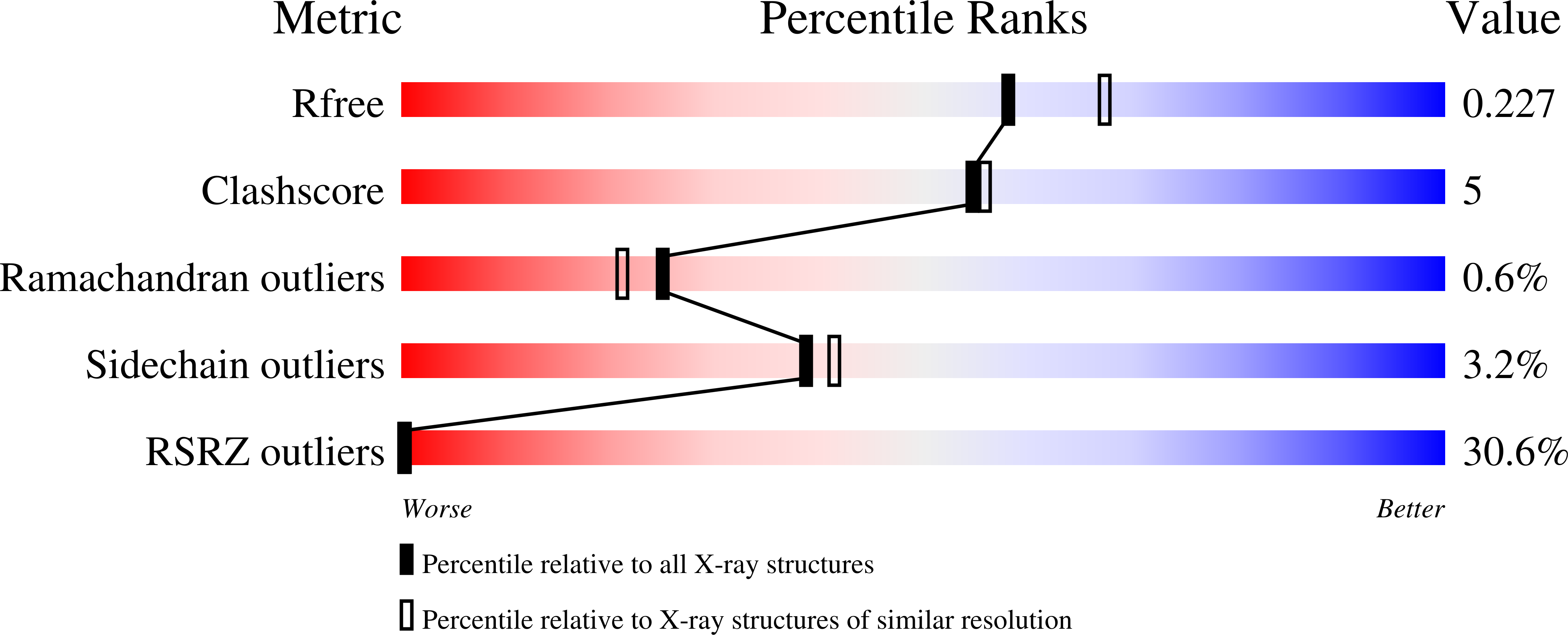
Deposition Date
2005-11-29
Release Date
2006-04-18
Last Version Date
2024-02-14
Entry Detail
Biological Source:
Source Organism(s):
Saccharomyces cerevisiae (Taxon ID: 4932)
Expression System(s):
Method Details:
Experimental Method:
Resolution:
2.10 Å
R-Value Free:
0.26
R-Value Work:
0.24
R-Value Observed:
0.24
Space Group:
I 21 21 21


